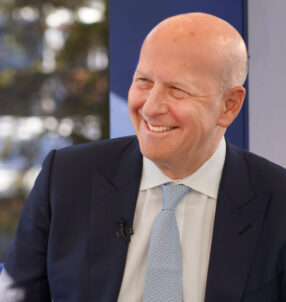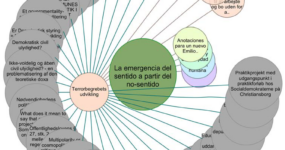Bangalore: Cash-hungry Indian star-tups like Flipkart Pvt. are discovering the fundraising party’s winding down.
The domestic e-commerce leader became one of the most prominent Asian start-ups to have its valuation slashed by a high-profile investor. Sending ripples through the industry, a Morgan Stanley fund marked down its value by more than a quarter to $11 billion, less than a year after financing clinched a $15 billion valuation.
That’s an unexpected setback for Flipkart: it’s currently seeking to raise about $1 billion, according to a person familiar with the matter who didn’t want to be identified because the deal is private. India’s top online retailer by sales is the largest of a crop of start-ups craving capital to bankroll a battle with Amazon.com Inc. and Snapdeal for a slice of the world’s second-most populous country. It didn’t respond to an e-mail requesting comment.
Beyond eight-year-old Flipkart, entrepreneurs and venture capital investors are bracing for leaner times and more down-to- earth valuations after two years of frenzied deal-making. A deceleration in funding could in turn quicken the failure rate among smaller, ill-prepared start-ups.
Party’s over
“The global market is seeing several flat or down rounds. There is no doubt that there will be more discussions and pressure around valuation of Indian start-ups, given what Morgan Stanley recently did,” said Ash Lilani, co-founder and managing partner of venture firm Saama Capital, which has backed start-ups including Snapdeal and Paytm Mobile Solutions Pvt. It’s since exited Snapdeal.
“Only the strongest will survive. The weak—those who do not have a solid business model but still managed to raise money—will wither away,” he said. “The companies with the right model, the leaders in the pack will continue to raise money but at realistic levels.”
Smaller start-ups are already feeling the heat as “investors sit on their hands,” said Ravi Gururaj, founder and chief executive officer of digital locker start-up QikPod, backed by Flipkart among others. Companies that are burning cash fast will have to tighten their belts and re-position. “There is going to be a market detox. It is a healthy sign.”
Deal slump
Investment in Indian technology firms had slowed from the peaks of 2015 even before the filing in which the same Morgan Stanley fund also marked down other prominent holdings like lodging service Airbnb Inc. and Dropbox Inc. Deals fell 46% and venture capital investment slid 18% in the final three months of 2015 from the previous quarter, when Indian start-ups raised $1.5 billion via 114 deals, according to CB Insights and KPMG’s Venture Pulse 2015 report.
That mirrored a global slump. Venture investment in start-ups around the world dropped about 30% in the fourth quarter compared with the previous one, according to CB Insights. And there was an increase in “down rounds,” when funds are raised at a lower valuation than in previous financings. During the last three months of the year, 26% of mature start-ups raised money at lower valuations than in earlier rounds, according to a study by law firm Fenwick and West Llp.
‘Consolidation phase’
“Clearly, the euphoric times are over and we are now moving into a consolidation phase,” said Vishal Gondal, CEO and founder of Mumbai-based GOQii, which makes wearable fitness bands with personalized coaching. Gondal’s firm was one of the few to get funding recently: $13.4 million from investors including China’s Cheetah Mobile. “It is now about the survival of the fittest.”
Indian start-ups have enjoyed an unprecedented funding boom over the past two years as global investors vied to grab a piece of a rapidly growing economy with a surging mobile population. The country has overtaken the US in smartphone usage with about 220 million users, according to Counterpoint Research.
Much of the mania has centered on an e-commerce market expected to grow an annual average of 44% to $75 billion by 2020 from $12 billion currently, according to Forrester Research. Flipkart has funding from Tiger Global Management and Accel Partners, among others, becoming in 2014 the only Indian start-up to have raised $1 billion in a single round. Snapdeal won over Japan’s SoftBank Group Corp. and Alibaba Group Holding Ltd, while Paytm drew Alibaba.
A reality check may be around the corner. Flipkart and Snapdeal—battling Amazon on their home turf—have spent heavily on advertising and deep discounting. Losses at the three companies in the year ending March will come to at least Rs.5,000 crore ($745 million), Kotak Institutional Equities estimated in a 5 February report.
“The last two years have been about lots of funding but from now on, these companies will have to start building the framework of business such as payment systems, logistics, delivery and warehousing,” said Satish Meena, an analyst at Forrester Research.
[“source-Livemint”]




























